How Long Will a Website Project Take?
- kevin herring
- Jul 22, 2024
- 3 min read

Creating a website is an exciting yet complex task. One of the most common questions clients ask is, "How long will my website project take?" The timeline for a website project can vary significantly based on several factors. Here, we break down the key elements that influence the duration of a website project, helping you set realistic expectations.
1. Website Project Scope and Complexity
Simple Websites: A basic website with a few pages (home, about, contact) can take as little as 2-4 weeks. These projects are straightforward, often using pre-made templates and minimal customization.
Medium Complexity: Websites that require custom designs, additional functionality (like blogs, galleries), and some level of backend development can take 6-12 weeks.
Complex Projects: Large websites with e-commerce functionality, custom integrations, and extensive content management systems (CMS) may take 3-6 months or more.
2. Content Creation
Pre-existing Content: If the content (text, images, videos) is ready, the project can move faster.
New Content: Creating new content involves writing, editing, and approving, which can add several weeks to the timeline. Professional copywriting and high-quality images or videos further extend this period.
3. Design and Revisions
Initial Design: Crafting the initial design usually takes 1-3 weeks, depending on the complexity and creativity required.
Feedback and Revisions: Each round of feedback and revisions can add 1-2 weeks. Clear and prompt feedback from clients can significantly speed up this process.
4. Development and Testing
Front-End Development: Coding the website’s front end (what users see) generally takes 2-4 weeks.
Back-End Development: Creating server-side functionality, databases, and integrations can take another 2-6 weeks.
Testing and QA: Thorough testing for bugs and ensuring the site works across various devices and browsers typically takes 1-2 weeks.
5. Client Availability and Communication
Timely Responses: Quick feedback and decisions from the client can keep the project on track.
Delayed Responses: Waiting for approvals or additional information can cause significant delays.
6. Third-Party Integrations
Simple Integrations: Adding basic plugins or APIs (e.g., social media feeds) may take a few days.
Complex Integrations: More complicated integrations, such as custom payment gateways or CRM systems, can add several weeks.
7. SEO and Launch Preparations
SEO Optimization: Ensuring the site is optimized for search engines can take an additional 1-2 weeks.
Launch Prep and Go-Live: Preparing for the site to go live and addressing any last-minute issues usually takes about a week.
8. Designer’s Approach: Code Writing vs. Design Platforms
Code Writing: Custom coding a website from scratch offers greater flexibility and customization but takes more time. This approach is ideal for complex, unique, or highly customized websites and can extend the project timeline by several weeks to months.
Design Platforms: Using platforms like Wix, Squarespace, or WordPress with pre-made themes can significantly reduce development time. These tools are user-friendly, require less technical expertise, and are ideal for both simple and sophisticated websites. Projects using design platforms can often be completed in a few weeks.
Conclusion
A typical website project can range from a few weeks to several months, depending on the project's scope and complexity. Clear communication, prompt feedback, and having content ready are crucial factors in keeping your website project on schedule. By understanding these elements, you can better plan and manage your website development process effectively.
For a quick overview:
Simple Websites: 2-4 weeks
Medium Complexity: 6-12 weeks
Complex Projects: 3-6 months+
Setting realistic timelines and working closely with your web development team will ensure a smooth and timely launch of your website.
FAQ
Q: Can a website be built in a week?
A: While it's possible for very simple websites, most projects will take longer due to the necessary design, development, and testing phases.
Q: What causes delays in website projects?
A: Common delays include waiting for client content, feedback, and third-party integrations. Clear communication and prompt responses can minimize these delays.
Q: How can I speed up my website project?
A: Have all your content ready, provide timely feedback, and ensure quick decision-making throughout the process.
4o




Comments